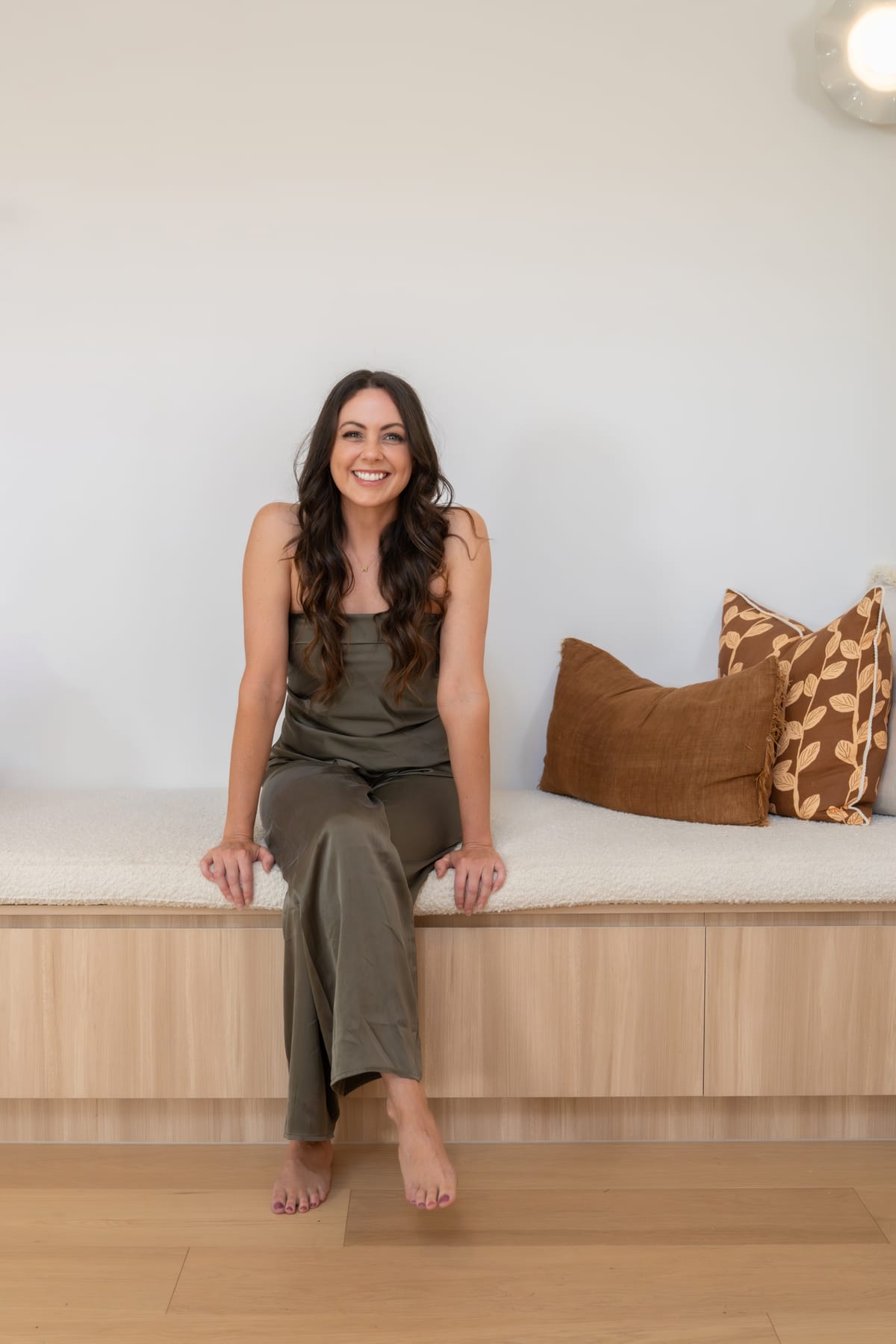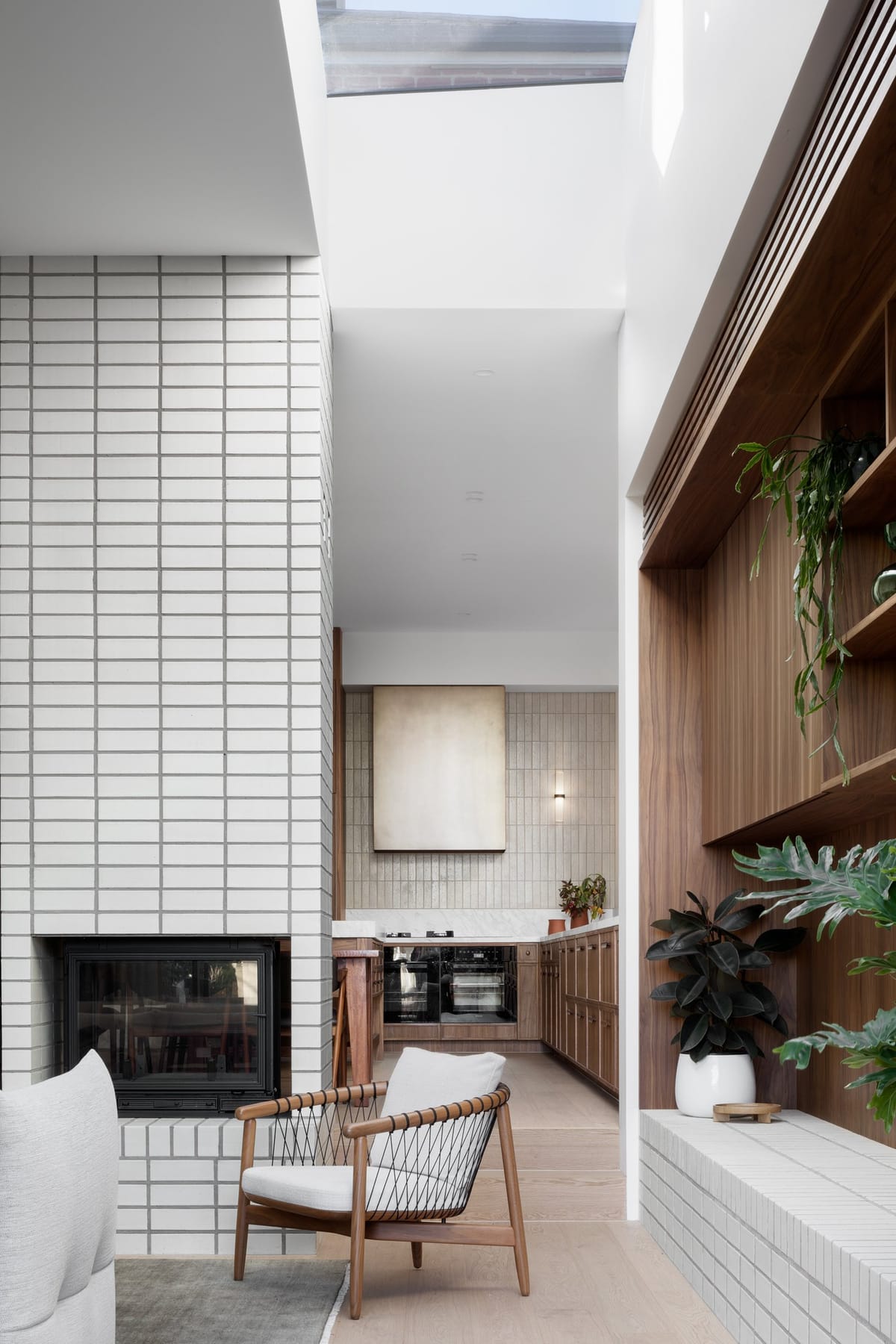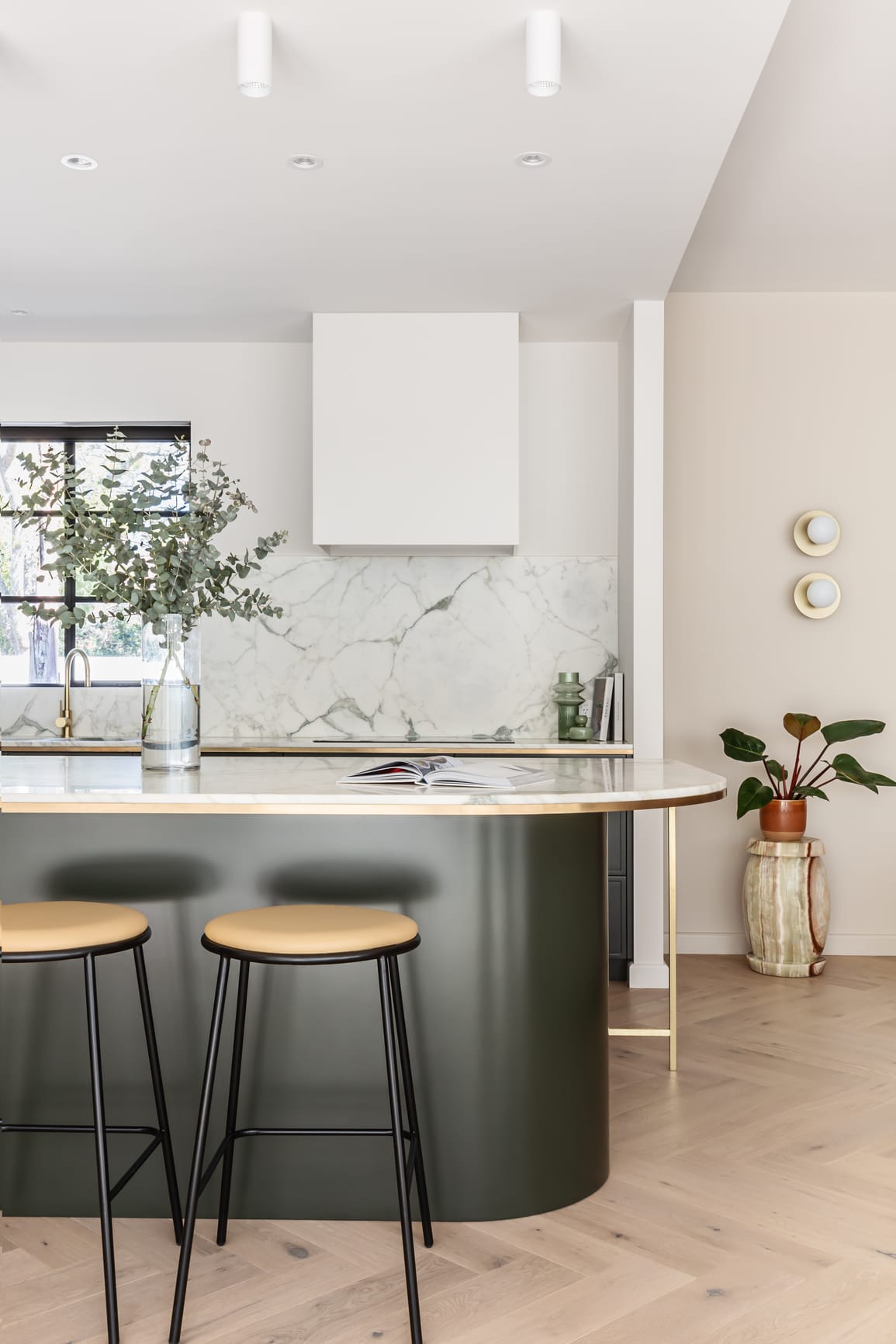We understand the rise of sole traders in this industry, as it empowers individuals to pursue their creative visions and collaborate on their own terms. It's fascinating to see this entrepreneurial spirit come alive, with so many taking the leap and shaping the industry landscape single-handedly. The unique contributions often result in innovative, inspiring designs that push the boundaries of conventional architecture. The surge in sole traders certainly adds richness to the diversity of ideas within the community, stimulating more exciting, novel dialogues in the field.
Yet, this degree of flexibility also entails the duty of handling one's own tax liabilities, a skill that often isn't taught at architecture or design school. In the capacity of a sole trader, you bear personal accountability for every facet of your business. This extends to declaring and remitting taxes to the Australian Taxation Office (ATO), a responsibility that comes inseparably tied to the autonomy of sole trading.
This is why we have teamed up with okke, the Australian invoicing software, to provide a short guide to help you understand some of the tax responsibilities sole traders face.

First of all, what is a sole trader?
A sole trader refers to an individual who is self-employed and personally operates their business. This person assumes legal responsibility for every element of the business, encompassing any incurred debts and losses.
In Australia what are the tax obligations?
In general it is declaring and paying income tax on any profits gleaned from your business pursuits. It is mandatory to register for an Australian Business Number (ABN) and maintain precise records of all business-related income and expenditures.
Apart from the obligations related to income tax, sole traders might also need to pay Goods and Services Tax (GST) should their yearly turnover surpass $75,000. Additionally, they may need to meet other tax responsibilities such as Pay As You Go (PAYG) withholding, particularly if they employ personnel or engage contractors.
Lodging a Tax Return
In Australia, sole traders are required to submit an annual tax return to the ATO. This is typically expected by October 31st subsequent to the financial year's conclusion (which spans from July 1st to June 30th). Yet, should you engage a registered tax agent or accountant to compile and file your return, there could be potential to extend this deadline.
PAYG Withholding Tax
If you are a sole trader who either has a small team or you work with contractors you will be obliged to register for PAYG withholding with the Australian Taxation Office. Furthermore, you will be expected to provide your team members with end-of-year payment summaries. These documents comprehensively detail the amount of remuneration disbursed and the corresponding tax deducted during the financial year.
Super Contributions
In Australia there is no legal obligation compelling you to make superannuation contributions for your own benefit if you are a sole trader. But, if you have a small team or you work with contractors who qualify as workers under the provisions of the Superannuation Guarantee laws, you might find yourself with a requirement to make superannuation contributions for them.
The above is just a short summary to some of the tax responsibilities a sole trader in Australia will need to manage. For much more detailed information please read this okke article where Bane Williams, a sole trader expert from okke, goes into much more depth.
We understand that tax time in Australia can often prove to be a period of confusion and complexity for many. The multifaceted nature of tax obligations, different thresholds, deadlines, and the various deductions that can be claimed, all combine to create a labyrinthine task that can leave even the most prepared individuals feeling perplexed. The rules are constantly evolving, and changes in legislation add to the challenge. Furthermore, for sole traders, the responsibility of managing business tax matters, while also running their operations, can heighten the sense of disarray during this taxing time.
To help lighten this load we recommend the invoicing software, okke, designed specifically for solo business owners and freelance professionals, such as architects and designers. Try okke for free today.









